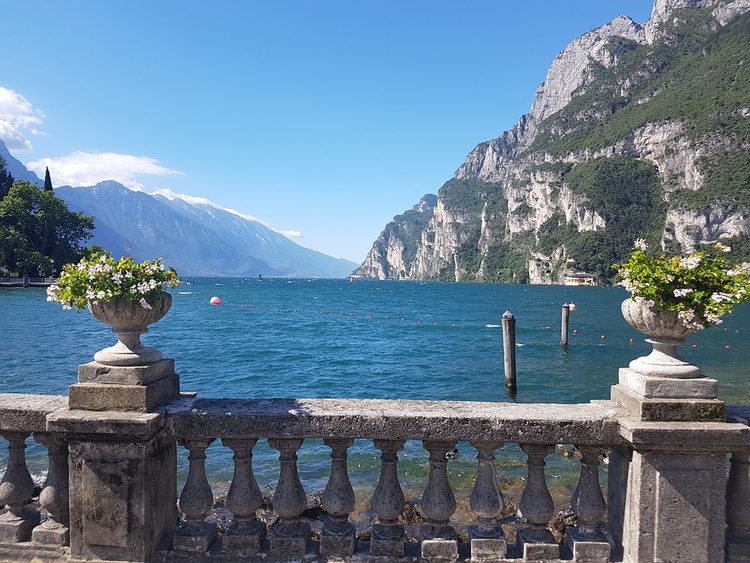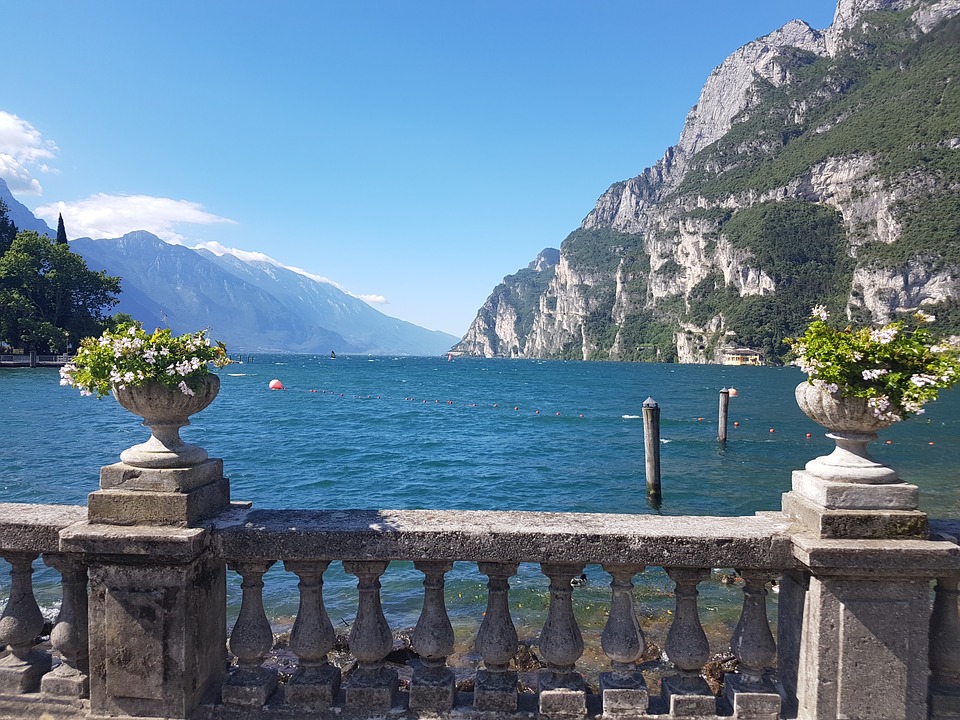Gosetti, who is Senior Lecturer in French, Convenor of French and Course Coordinator in various languages courses at the University of New England (UNE), is a renowned polyglot and lover of literature.
She prefers to call minority languages “lesser-spoken languages”, and for good reason: the languages she refers to are either dialects, or Indigenous languages, which are in no way inferior but simply lesser known or less widely used.
Born in Collio di Vobrano, a small town close to Lake Garda, Gosetti was raised bilingual with Brescian her first and main language, followed by Italian, which became more pronounced during schooling.
Throughout her life and many years of higher education (she has an undergraduate degree in French and English languages, literatures, and cultures from the University of Bologna and a master and doctorate in French from Balliol College at the University of Oxford), Gosetti has studied and picked up other languages, and now speaks Brescian, Italian, English, French, and some German and Russian.
“Then I developed a passion for minority languages, so I have a reading knowledge of Occitan and languages from the south of France, just out of interest,” she said.
Gosetti founded the blog Transferre after reading a funny Facebook comment made by a friend, who chastised her for constantly posting in French or English rather than her native Brescian.
She took up the challenge to translate one of Baudelaire’s best-known Spleen poems (Quand le ciel bas et lourd pèse comme un couvercle) from Les Fleurs du Mal into Bresà.
After adding an audio file to the translation (Brescian is a spoken, not a written language), Gosetti launched Transferre, a platform for the promotion of poetry in translation, especially from and into endangered minority languages.
The reaction to her initiative was at first mixed.
Brescian dialect is still hugely stigmatised.
This was particularly evident throughout Gosetti’s childhood.
Largely raised by her grandmother, Gosetti grew up speaking Brescian, but when she went to school her teacher was very strict, saying “that is not Italian”.
“At the time it was still very much looked down upon; dialect was the language of the peasants and it was not really valued at all,” Gosetti said.
So when she began reading at poetry events in her native tongue and the audience laughed, she was unsurprised.
“I said ‘guys, if you want to laugh, just laugh, because I know that is what you feel’,” Gosetti recalled.
“Because we’ve always been trained to think that Brescian is this poor, backward language, and it’s really normal because it’s usually used in comedies and pantomime...
“But then some people started to say, this actually sounds really good in Brescian!”
A worldwide audience began to appreciate her poetry blog and its translations into minority languages.
“People started sending me things,” Gosetti exclaimed.
“A group of students in South America sent me a translation of Robert Frost into Guarani [an Indigenous language], then someone from Wales sent me something from Welsh into Galician [a language in Spain], then someone sent me Shakespeare translated into Romanesco [a central Italian dialect]!”
Recently, Gosetti co-ran a multilingual poetry event with Alice Loda from the University of Technology Sydney (UTS).
The audience offered up all sorts of translations in dialect, including Romagnolo.
“Once you give someone the self-assurance by saying their dialects are actually languages, then they realise they can translate literature into their own dialects,” Gosetti said.
“It’s really, really empowering.
“It’s a way of challenging the centralised mentality of there being only one language and one way of seeing the world, and saying well actually, there are many cultures and many languages, and we should incorporate them.”
Gosetti is careful to point out that she does not want to associate with any political parties by using her dialect, but that merely “all minority languages are languages and we should preserve this richness”.
She lived for two years in Armidale, but is now based at the UNE campus in Parramatta, Sydney.
During her time in Armidale, she came into contact with the local Aboriginal language, Anaiwan, and said she was very impressed by the Anaiwan Language Revival Program which is in progress there, largely lead by Ambēyan man and UNE student Callum Clayton-Dixon.
“I think it’s important now that we are in Australia to gain exposure to languages and really embrace the diversity within,” Gosetti said.
Gosetti and Daniel Finch-Race from the University of Bristol were recently awarded a highly competitive small grant from the UK-based Language Acts and Worldmaking, in support of their series of public projects on Multilingual Poetry Translation and European-Australian Connections in an Industrial World.
She said that the pair plans to run events in Australia, specifically on creative translation using minority languages.
“I would love for the events to get into schools, especially where there is a lot of migration or second-generation students or people that know Aboriginal languages, so they can all learn to value their heritage,” Gosetti mused.
She emphasised that all languages and dialects are cultural heritage, and if any are lost, “you lose a complete worldview and become basically impoverished of ideas and plurality, which is dangerous in my opinion”.
At this point Gosetti interjected with the German word Weltanschauung, which emphasises uniqueness in world perception.
“Monolingualism is a form of silencing, as some people are unable to express what they want,” she added.
“Everyone should be given the chance to think about their own heritage and share it with others.”
Visit Valentina Gosetti’s blog Transferre.












